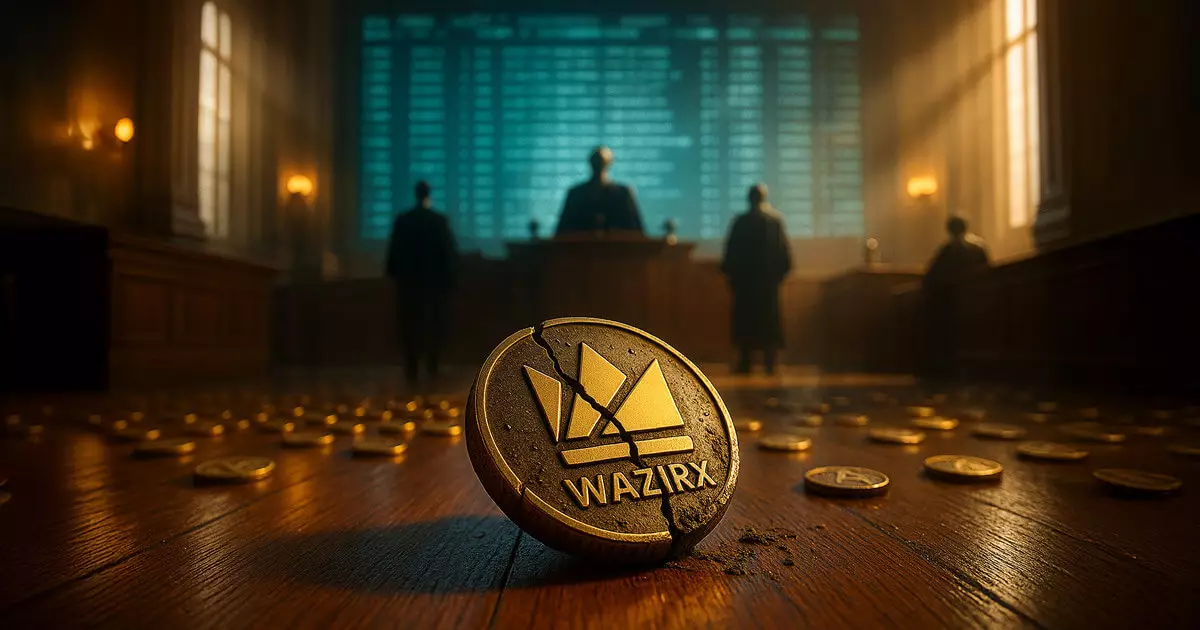In a startling turn of events, WazirX, once a formidable player in the cryptocurrency exchange landscape, faced a significant setback as the Singapore High Court rebuffed its restructuring proposal following a catastrophic hack that cost the exchange $230 million in July 2024. This ruling stands as both a cautionary tale and a landmark moment for the broader crypto ecosystem, which is reeling from a series of scandals and security breaches. The court’s decision, announced on June 4, has abruptly dashed WazirX’s hopes to revive its operations and distribute recovered assets—a move that seemed crucial for regaining trust in an increasingly skeptical market.
Creditor Support vs. Judicial Reality
Interestingly, despite over 93% of creditors endorsing the proposed plan, legal parameters have proven themselves to be unpredictable and unforgiving. WazirX stated its intentions to comply with the court’s ruling, demonstrating a measure of respect for legal processes that some might argue is misplaced in a landscape often marred by regulatory ambiguity. By submitting an appeal, WazirX is still clutching at straws in what seems like a fading dream of recovery. The irony of nearly unanimous creditor support juxtaposed with the court’s dismissal serves as a stark reminder that not all whom you can persuade will benefit your cause in the eyes of the law.
From Singapore to Panama: A Controversial Relocation
In an eyebrow-raising corporate maneuver, WazirX’s decision to relocate its operations from Singapore to Panama has provoked extensive debate across crypto circles. Many industry stalwarts are questioning the validity of this move, viewing it as a desperate strategy to escape incoming regulatory scrutiny in the wake of Singapore’s stringent crypto legislation. Analyst Sonu Jain captured this sentiment perfectly when he suggested that WazirX’s actions seemed reactionary, indicating a reluctance to adapt to evolving legislation.
The critique doesn’t stop there—prominent figures within the crypto community are labeling this rebranding as merely a superficial shift rather than a genuine attempt to rectify the structural and ethical issues that have plagued the exchange. RK Gupta hit the nail on the head when he expressed that a mere name change doesn’t absolve WazirX from its responsibilities or its problematic past. It conjures up images of a fugitive trying to start anew in a different land, evading the repercussions of their previous misdeeds.
The Crisis of Integrity in Crypto
This scenario underscores a larger crisis of integrity that the cryptocurrency market is grappling with. Companies are failing to recognize that transparent governance and ethical practices are not merely regulatory burdens—they are foundational to long-term sustainability. WazirX’s ongoing struggles raise fundamental questions about its commitment to its users and investors. Are they genuinely trying to safeguard their clients’ funds, or are they simply playing a shell game with corporate identities to dodge accountability?
As the industry’s landscape evolves, it is vital for companies to realize that trust is the currency that underpins cryptocurrency’s value. WazirX’s legal predicaments and strategic missteps offer a grim perspective on the implications of regulatory evasion and financial mismanagement, and serve as a clarion call for all stakeholders—be they investors, regulators, or users—to demand greater accountability and transparency in an industry rapidly running out of second chances.

